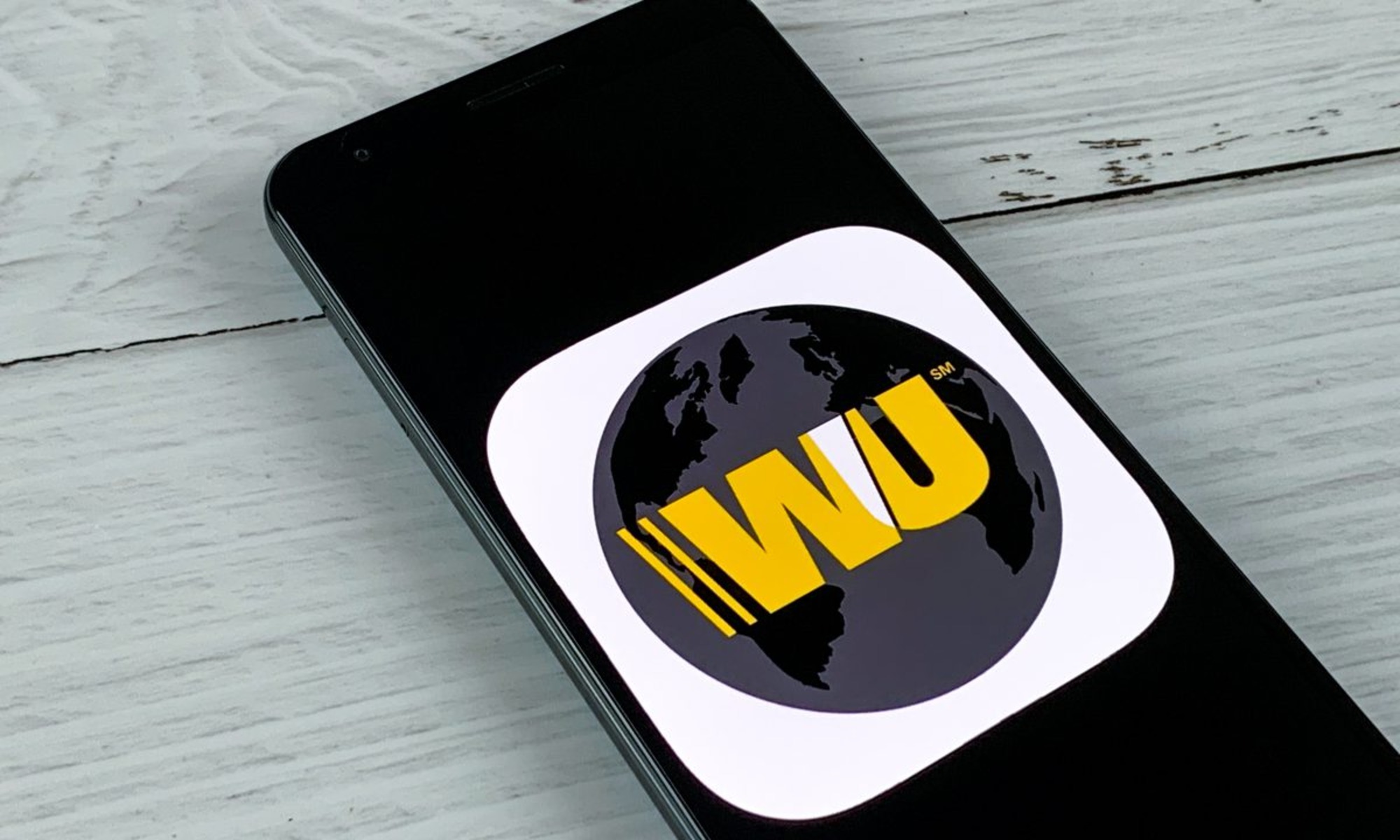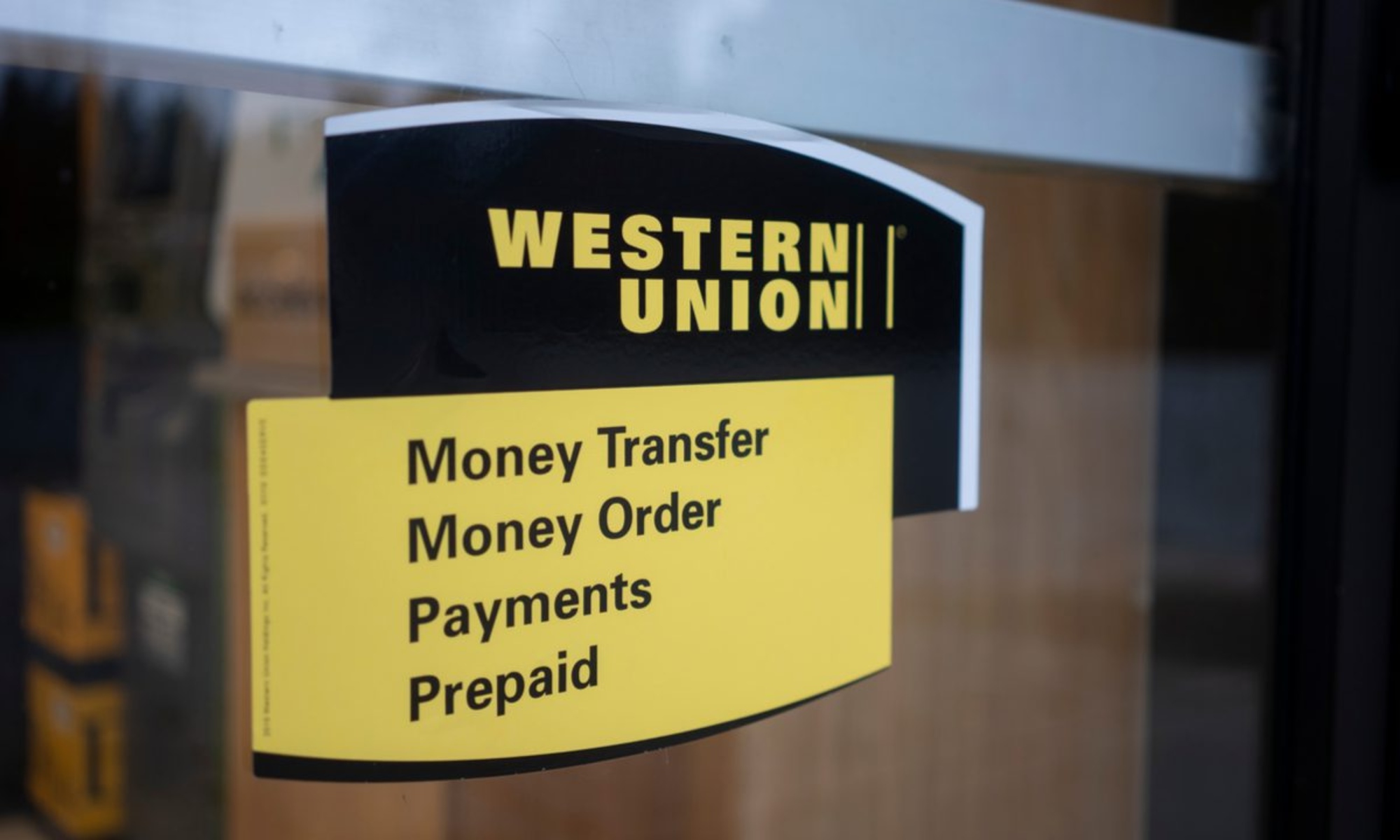Introduction
When it comes to sending money quickly and securely, Western Union is a trusted name that has been providing money transfer services for years. Whether you need to send money to a loved one in another country or pay bills domestically, Western Union offers a convenient solution. However, like any financial service, there are fees associated with using Western Union’s money transfer services.
In this article, we will explore how much the fee for Western Union money transfer typically is and what factors may affect it. We will also discuss the different fees for domestic and international transfers, as well as online transactions. Additionally, we will highlight any additional costs or charges that may arise during the transaction process.
Understanding the fees involved in a Western Union transaction is crucial for effectively managing your finances and making informed decisions. By being aware of the costs upfront, you can plan your transactions accordingly and explore ways to minimize the fees.
Let’s dive into the factors that determine Western Union fees and how you can save money when using their services.
Factors that Determine Western Union Fee
The fee for a Western Union money transfer can vary depending on several factors. Understanding these factors will help you better estimate the cost of your transaction and plan accordingly. Here are the key factors that determine Western Union fees:
- Transfer Amount: One of the primary factors influencing the fee is the amount you are sending. Typically, larger transfers may incur higher fees than smaller ones, as Western Union charges a percentage of the total transaction amount.
- Transfer Method: The method you choose to send or receive money can affect the fee as well. Western Union offers various options, including online transfers, in-person cash pickups, and bank account deposits. Different methods come with different fees, so it’s essential to consider which option suits your needs and budget.
- Transfer Speed: The speed at which you want the money to reach the recipient can impact the fee. If you need the transfer to be completed in a short amount of time, such as within a few minutes or hours, it may come with a higher fee compared to standard delivery times.
- Destination Country: The country you are sending money to can also influence the fee. Western Union takes into account factors such as exchange rates, local regulations, and the cost of doing business in each country when calculating fees. Some countries may have higher fees due to various factors, including currency conversion and government regulations.
It’s important to note that these factors are not mutually exclusive, and multiple factors can affect the final fee. When initiating a money transfer, be sure to consider these factors and select the options that align with your preferences and budget.
Now that we understand the main factors that determine Western Union fees, let’s explore the specific fee structures for domestic and international money transfers in the following sections.
Domestic Money Transfer Fees
When sending money within the same country, Western Union offers a straightforward fee structure. The fees are generally lower compared to international transfers and may vary based on the transfer amount and the chosen method of transfer. Here is a breakdown of the domestic money transfer fees:
- Transfer Amount: The fee for domestic transfers is usually determined as a percentage of the total amount you are sending. For example, if you are sending $100, the fee might be a certain percentage of that amount.
- Transfer Method: The method you choose to send money domestically can also affect the fee. Online transfers or transfers made through the Western Union mobile app may come with lower fees compared to in-person transactions at an agent location.
- Transfer Speed: The speed at which you want the money to be available to the recipient can impact the fee as well. If you need the money to be delivered immediately, it might result in a higher fee compared to opting for standard delivery.
It’s worth noting that Western Union occasionally offers promotions or discounts on domestic money transfers, so it’s beneficial to keep an eye out for any available deals.
Now that we’ve covered domestic money transfer fees, let’s move on to exploring the fees associated with international money transfers.
International Money Transfer Fees
When it comes to sending money across borders, Western Union provides a reliable and convenient service. However, international money transfers typically come with higher fees due to various factors like currency exchange rates and regulatory requirements. Here’s what you need to know about international money transfer fees:
- Transfer Amount: Similar to domestic transfers, the fee for international money transfers is often calculated as a percentage of the total amount being sent. The higher the transfer amount, the higher the fee is likely to be.
- Destination Country: The fee can also vary depending on the country you are sending money to. Factors such as exchange rates, local regulations, and the cost of doing business in that particular country can impact the fee structure.
- Transfer Method: The method you choose to send money internationally can affect the fee as well. Online transfers or transfers made through the Western Union mobile app may have lower fees compared to in-person transactions at an agent location.
- Transfer Speed: If you require the money to be delivered quickly, the transfer may come with a higher fee compared to standard delivery times. However, it’s essential to balance the urgency of the transaction with the associated costs.
It’s important to keep in mind that in addition to the fee charged by Western Union, there may be additional charges imposed by the recipient’s bank or financial institution. These charges can further increase the overall cost of the international money transfer.
Now that you have an understanding of international money transfer fees, let’s move on to discussing the fees associated with online money transfers.
Online Money Transfer Fees
Western Union offers the convenience of online money transfers, allowing you to send money from the comfort of your own home or on the go. Online transfers often come with their own fee structure, which may differ from in-person transactions. Let’s explore the key factors that determine online money transfer fees:
- Transfer Amount: The fee for online money transfers is typically calculated as a percentage of the total amount being sent. The more money you send, the higher the fee is likely to be.
- Transfer Method: Online transfers may have lower fees compared to in-person transactions at an agent location. Taking advantage of the online platform can be a cost-effective solution, especially for smaller transfer amounts.
- Transfer Speed: If you need the money to be delivered quickly, opting for expedited delivery through online transfers may result in a higher fee compared to standard delivery options.
- Promotions and Discounts: Western Union occasionally offers promotions and discounts for online money transfers. These can help you save on fees, so it’s worth exploring any available deals before initiating your transfer.
When using the online platform for money transfers, it’s crucial to ensure that you are using a secure and trusted internet connection. Protect your personal and financial information by using a private and encrypted network to minimize the risk of potential fraud or data breaches.
Now that we’ve covered the fees associated with online money transfers, let’s explore any additional costs and charges that you should be aware of.
Additional Costs and Charges
Aside from the base fees for money transfers, there may be additional costs and charges that you should be aware of when using Western Union’s services. These extra expenses can impact the overall cost of your transaction. Here are some common additional costs and charges to consider:
- Exchange Rate Markup: When sending money internationally, Western Union applies an exchange rate to convert your currency into the recipient’s currency. This exchange rate may include a markup, which means you may not receive the exact market rate. It’s important to factor in this cost when calculating the total expense of your transaction.
- Transfer Cancellation or Modification: If you need to cancel or modify a money transfer, Western Union may charge a fee for the requested changes. The exact fees and policies vary, so it’s advisable to review the terms and conditions before initiating a transfer.
- Inactivity Fees: In some cases, if the recipient does not collect the transferred funds within a certain period, Western Union may charge an inactivity fee. This fee is typically deducted from the principal amount, reducing the total funds available for collection.
- Additional Services: Western Union offers additional services like bill payments and money orders. These come with their own separate fees, which may vary depending on the specific service and circumstances.
It’s important to carefully review the fees, exchange rates, and any additional charges associated with your money transfer before proceeding. By understanding the potential costs upfront, you can make informed decisions and minimize any unexpected expenses.
Now that we’ve discussed the additional costs and charges, let’s move on to explore tips for reducing Western Union money transfer fees.
How to Reduce Western Union Money Transfer Fees
While Western Union fees are unavoidable, there are several strategies you can employ to reduce the overall cost of your money transfers. By following these tips, you can save money and make your transactions more cost-effective:
- Compare Fees: Before choosing Western Union for your money transfer, it’s a good idea to compare fees with other money transfer providers. Different providers may offer different fee structures, so take the time to research and find the best option for your needs.
- Choose Online Transfers: Opting for online transfers can often result in lower fees compared to in-person transactions at agent locations. Online platforms may also offer promotional discounts, allowing you to save even more on fees.
- Select Slower Transfer Speed: If time is not a critical factor, opting for standard transfer speeds instead of expedited delivery can help reduce fees. Standard delivery times usually come with lower costs compared to faster delivery options.
- Consider Sending Larger Amounts: Sending larger amounts in a single transaction can be more cost-effective than multiple smaller transactions. Since the fee for Western Union transfers is often a percentage of the total amount being sent, consolidating your transfers can help reduce the overall fee percentage.
- Check for Promotions and Discounts: Keep an eye out for any ongoing promotions or discounts offered by Western Union. These can provide opportunities to save on fees and make your money transfers more affordable.
- Plan Ahead: Last-minute transfers often come with higher fees due to the urgency involved. By planning your transfers in advance, you can avoid rushed deliveries and opt for lower-cost options.
By implementing these strategies, you can effectively reduce the fees associated with your Western Union money transfers, making the process more cost-effective and efficient.
Now that we’ve explored ways to minimize fees, let’s move on to the final section where we will provide some additional tips for using Western Union efficiently and cost-effectively.
Tips for Using Western Union Efficiently and Cost-Effectively
When using Western Union for money transfers, it’s important to make every transaction as efficient and cost-effective as possible. Here are some valuable tips to help you achieve this:
- Double-Check Recipient Information: Ensure that you have the correct recipient information before initiating a transfer. Mistakes in recipient names or account numbers can lead to delays or even failed transfers, resulting in additional fees.
- Explore Local Currency Options: If you are sending money to a country with different currency options, consider asking the recipient if they prefer to receive the funds in a particular currency. This can help avoid additional conversion fees.
- Utilize the Western Union App: Download and use the Western Union mobile app to manage your transfers conveniently. The app allows you to track transactions, find agent locations, and potentially access exclusive discounts.
- Stay Informed About Exchange Rates: Keep yourself updated on the current exchange rates to ensure you have a clear understanding of the amount being received by the recipient. This knowledge can help you make more informed decisions and evaluate potential fees and charges.
- Consider Alternatives: While Western Union is a popular choice for money transfers, it’s always worth exploring other options. Research and compare different providers to find the one that offers the best rates and lowest fees for your specific transaction.
- Be Mindful of Transfer Limits: Western Union may impose maximum transfer limits, depending on the destination country and the method of transfer. Be aware of these limits to avoid any surprises or complications during the transaction process.
By following these tips, you can streamline your money transfer experience, minimize fees, and ensure that your funds reach the intended recipient efficiently.
Now that we’ve covered tips for using Western Union efficiently and cost-effectively, let’s wrap up this article with a summary of the key points discussed.
Conclusion
Western Union is a popular and trusted option for sending money quickly and securely. However, it’s crucial to understand the fees and factors that determine the cost of your money transfers. By being aware of these details, you can make informed decisions and minimize expenses.
In this article, we explored the various factors that influence Western Union fees, including transfer amount, transfer method, transfer speed, and destination country. We discussed the different fee structures for domestic and international transfers, as well as online transactions. Additionally, we highlighted potential additional costs and charges, such as exchange rate markups and transfer modification fees.
To reduce Western Union money transfer fees, we provided several helpful tips, including comparing fees, choosing online transfers, selecting slower transfer speeds, considering sending larger amounts, and checking for promotions and discounts. We also emphasized the importance of planning ahead and double-checking recipient information to ensure smooth and cost-effective transactions.
As with any financial service, it’s crucial to stay informed and explore alternatives when necessary. By being mindful of exchange rates and transfer limits, utilizing the Western Union app, and considering other money transfer providers, you can optimize your experience and minimize fees.
Remember, Western Union fees are just one aspect to consider when sending money. Factors such as convenience, reliability, and speed are equally important. By striking the right balance between cost-effectiveness and your specific needs, you can make the most out of Western Union’s money transfer services.
Now that you have a comprehensive understanding of Western Union fees and how to minimize them, you can proceed with your money transfers with confidence and make informed decisions that align with your financial goals.

























